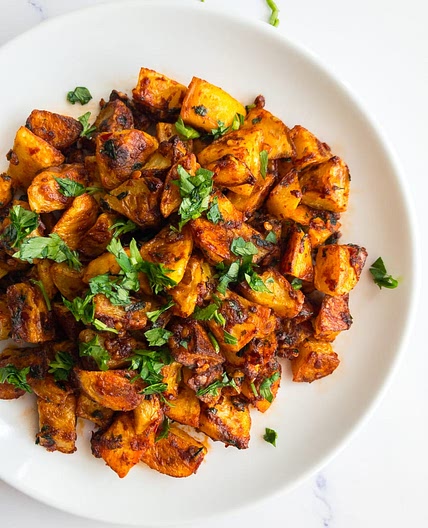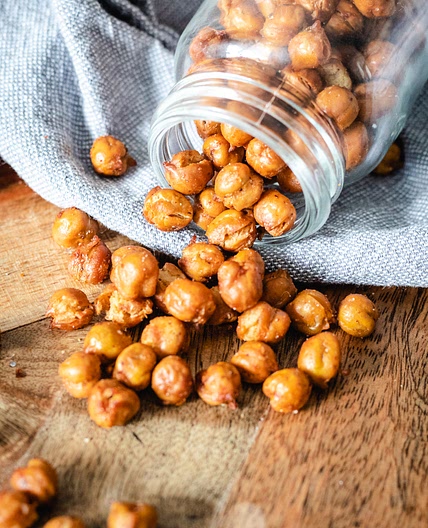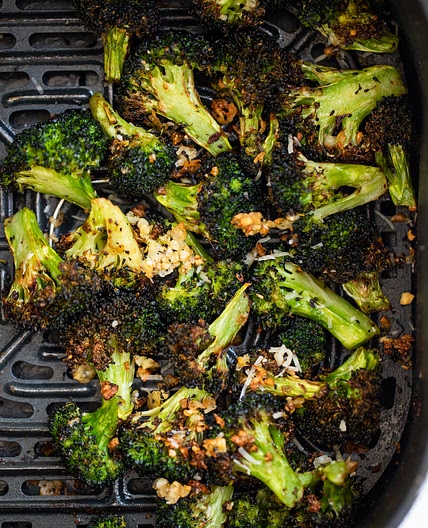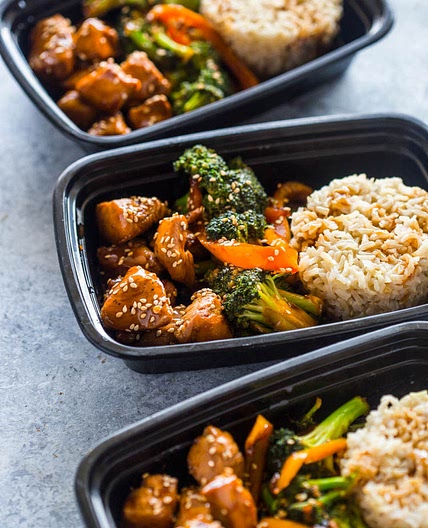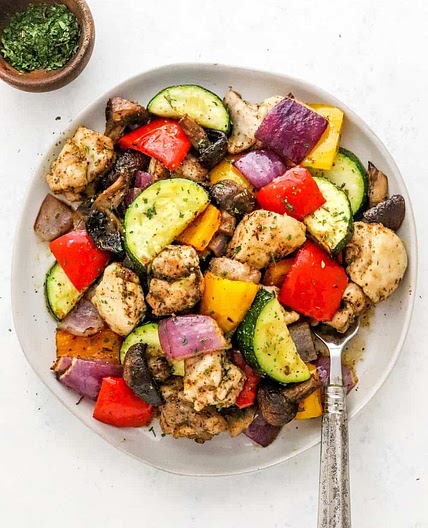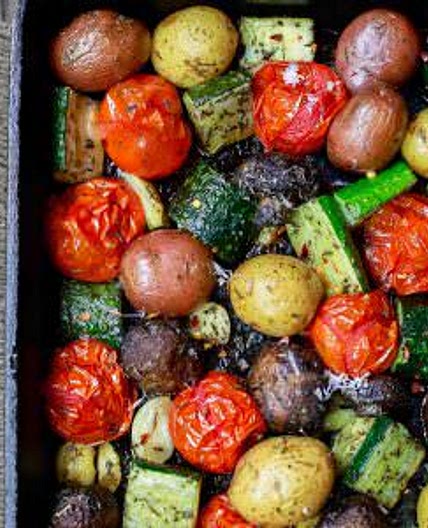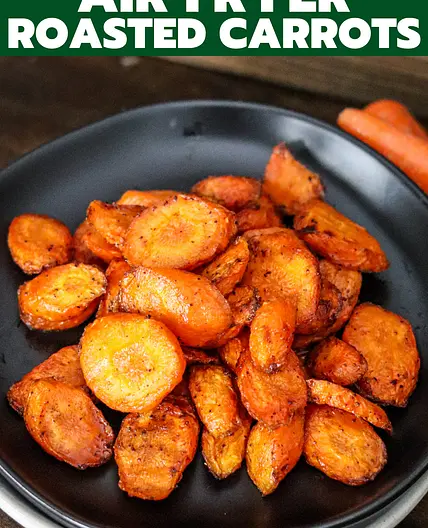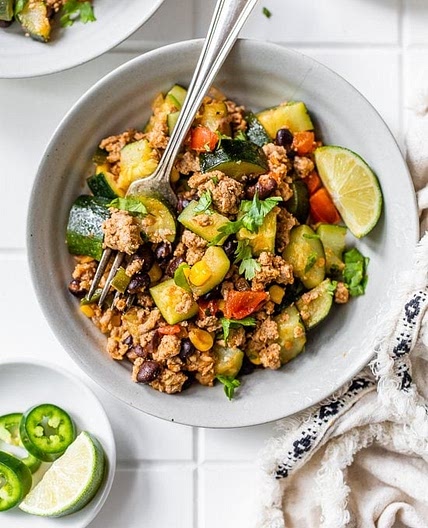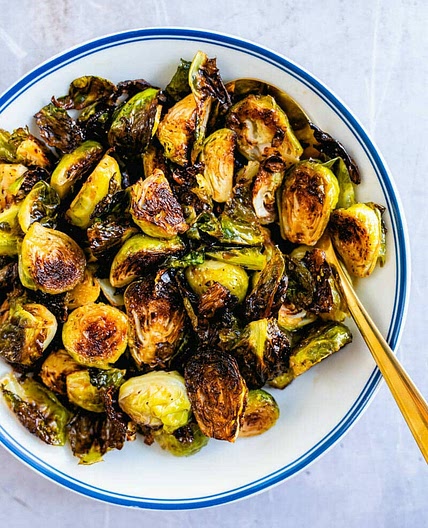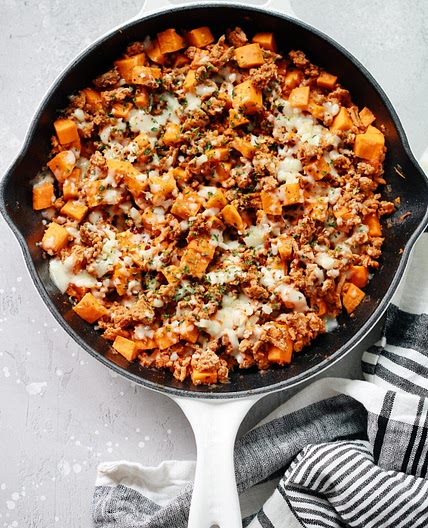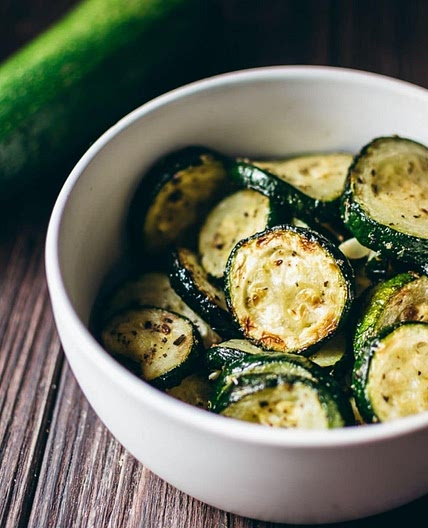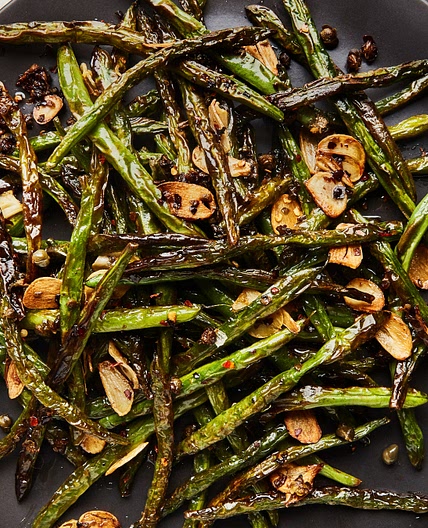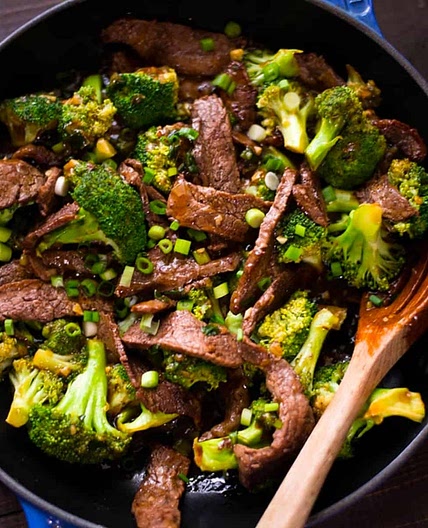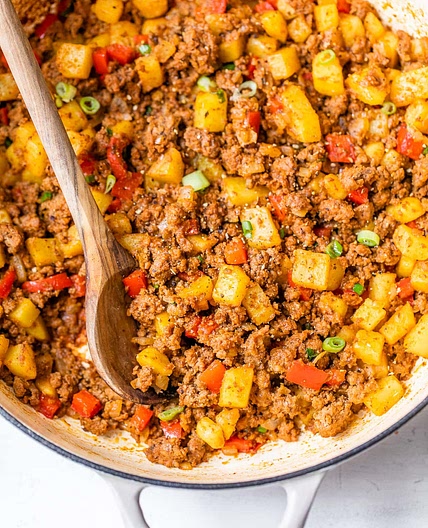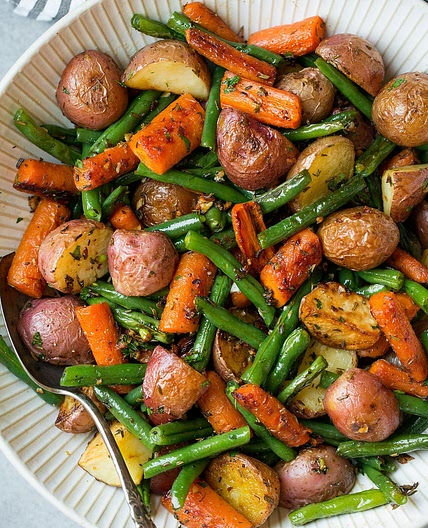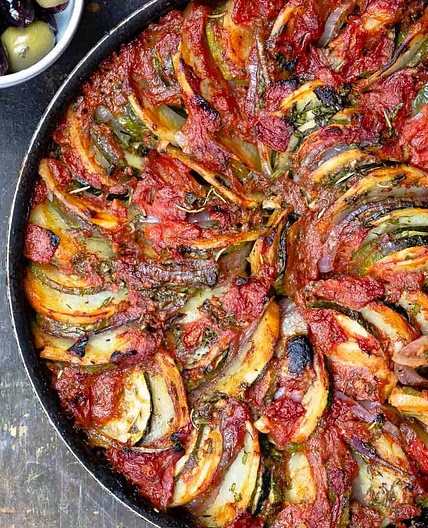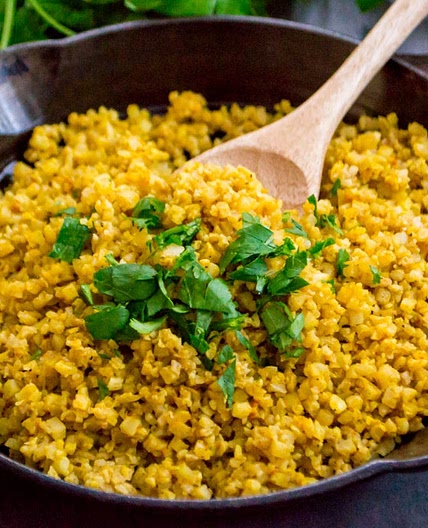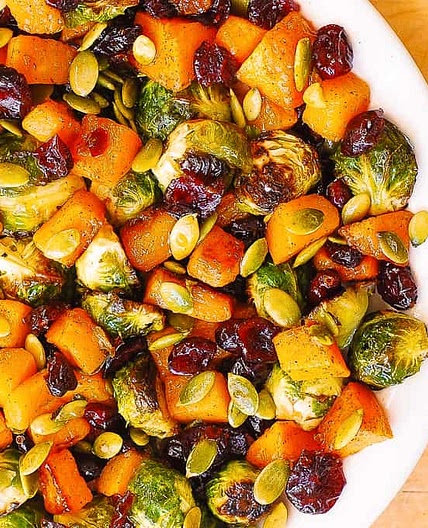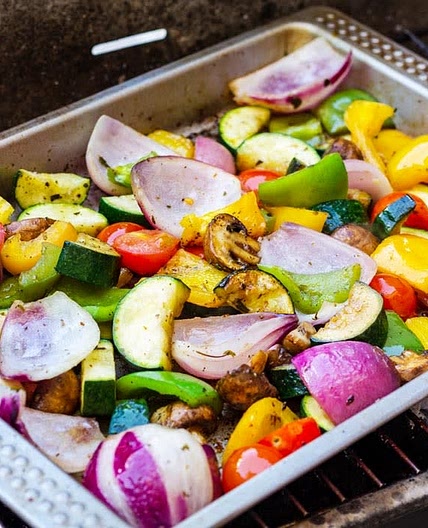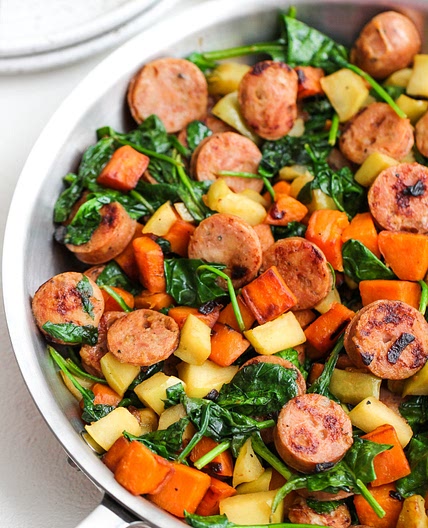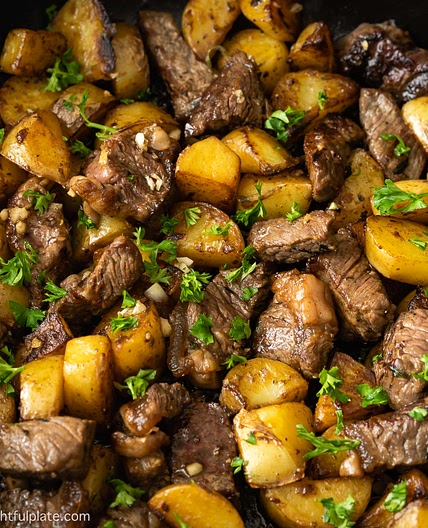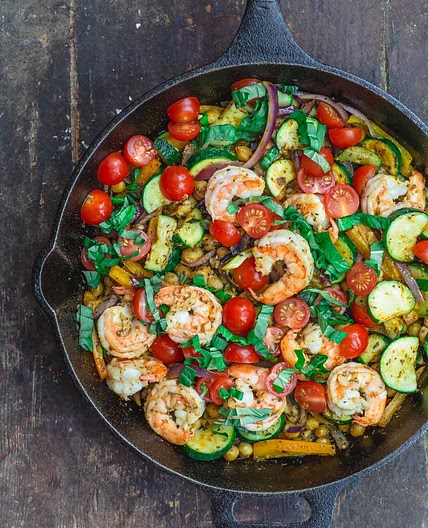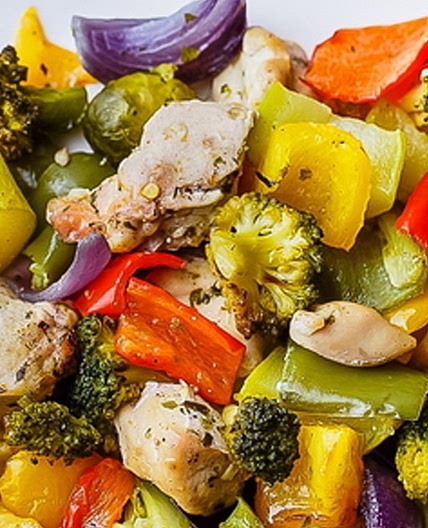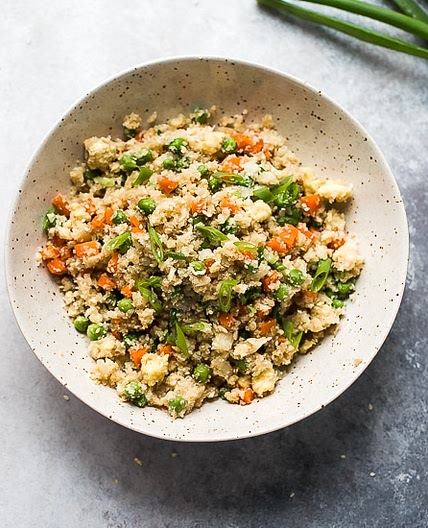The Importance of Vegetables in a Healthy Diet
Vegetables are a crucial component of a well-balanced diet. Packed with essential vitamins, minerals, and fiber, they play a significant role in maintaining good health and preventing chronic diseases. From leafy greens to root vegetables, there are countless types of veggies with different nutritional profiles. In this article, we will delve into the importance of vegetables, the different types of vegetables, and ways to incorporate them into your diet.
Vegetables are nature’s superheroes packed with nutrients and mouthwatering flavors. We have plenty to thank them for! So we thought it was worth finding out more about the history of vegetables, vegetable recipes, the magic of smoothies, helpful tips and tricks, and their incredible nutritional value.
Get ready to unleash your veggie love and discover how these colorful wonders can make your meals taste great and your body feel even better!

History of Vegetables
Vegetables have been on our plates for thousands of years, tracing their roots back to ancient civilizations. Imagine wandering through the fertile gardens of Egypt, where onions, leeks, and garlic were cultivated over 4,000 years ago. These ancient Egyptians believed that vegetables were not just delicious but also possessed magical powers to ward off evil spirits. We don’t know about that, but we know for sure they are delicious and can help ward off all kinds of health issues!
Greek philosophers, including Aristotle and Plato, agreed. They valued the nourishment provided by vegetables, which they believed played a crucial role in maintaining a healthy body and mind.
Over the years, explorers brought different vegetables with them across the world. Columbus introduced tomatoes to Europe, while Portuguese traders brought potatoes from South America to the Old World. This exchange of vegetables enriched cultures and cuisines worldwide.
In the 20th century, the world witnessed a veggie revolution! Scientists began to unravel the nutritional mysteries of vegetables, highlighting their incredible health benefits. Governments promoted the importance of including vegetables in daily diets, and farmers embraced sustainable practices to grow an even wider variety of veggies.
Why are Vegetables Important?
Vegetables are packed with vitamins, minerals, and fiber to keep our bodies healthy and strong. We all know that eating our greens is important to stay healthy. But why exactly is that?
Here are just some of the benefits of vegetables:
Strong Bones
Veggies like broccoli and kale are rich in calcium, which helps build strong bones.
Bright and Healthy Skin
Veggies with vitamins A and C, like carrots and bell peppers, keep our skin healthy and glowing.
Supports the Immune System
Veggies like spinach and brussels sprouts have antioxidants that strengthen our immune system.
Supports gut health
Veggies are full of fiber, which keeps our gut happy and helps with digestion and the growth of healthy bacteria.
Energy Chargers
Veggies provide essential nutrients that give us the energy to tackle our day with a smile!
Different types of vegetables

The Different Types of Vegetables
Let’s explore the exciting world of different types of vegetables that you can explore adding and trying in vegetable recipes:
Leafy Vegetables🌿
Spinach, kale, arugula, and collard greens are all examples of leafy greens. They are packed with nutrients, such as vitamins A and K, and minerals like calcium and iron.
Cruciferous Vegetables🥦
Broccoli, cauliflower, and Brussels sprouts are all examples of cruciferous vegetables. They are high in fiber and contain antioxidants, which can help reduce the risk of cancer.
Root Vegetables🥔
Carrots, potatoes, sweet potatoes, and beets are examples of root vegetables. They are high in fiber and contain essential vitamins and minerals like vitamin C and potassium. They also contain carbohydrates, which are great for energy.
On the topic of carbohydrates, find out whether potato is a vegetable or not – you might be surprised!
Nightshade Vegetables 🍅
Tomatoes, peppers, and eggplant are all examples of nightshade vegetables. They are high in antioxidants, which can help reduce inflammation in the body.
Allium Vegetables 🧅
Onions, garlic, and leeks are examples of allium vegetables. They contain sulfur compounds which have anti-inflammatory properties and are linked to a reduced risk of cancer.
Incorporating Vegetable Recipes into your Diet
There are countless ways to incorporate vegetables into your everyday meals. Here are some ideas:
- Include a variety of colorful veggies in your diet to get a wide range of nutrients.
- Add leafy greens to your smoothies or juices for a nutrient boost.
- Cut veggies into fun shapes or mix different colors for an eye-catching way to build a healthy plate.
- Try roasting your veggies to bring out their natural sweetness.
- Sneak finely chopped veggies into your favorite dishes like spaghetti sauce or soups for an extra nutritional boost.
- Sub out traditional pasta for zucchini or spaghetti squash noodles.
- Mix veggies into your breakfast omelet or frittata.
- Use lettuce wraps or collard greens as a substitute for bread.
Vegetable Recipes to Try

To explore more about the ways to incorporate vegetables to your diet, here are some fun vegetable recipes that you’ll love, and that are kid-friendly too!
- Garlic Chickpea Wraps
- Cauliflower Rice Stir-Fry
- Zesty Vegetable Pasta Salad
- Spinach and Feta Stuffed Mushrooms
- Veggie-packed Smoothie
- Rainbow Veggie Skewers
Frequently Asked Questions about Vegetables
While vegetables are an important component of a healthy diet, consuming too many of them can cause digestive issues like bloating, gas, and diarrhea. It’s important to eat a balanced diet and not overdo it on any one food group.
Frozen vegetables are a great option when fresh veggies aren’t available. They don’t have the same crunch as fresh produce, but they still have nutrients. In fact, they can be just as healthy.
The best way to cook vegetables is by steaming, roasting, or grilling them. This helps retain maximum nutrients and flavor.
Not at all! Some vegetables, like carrots and bell peppers, are crunchy and delicious raw. You can enjoy them as veggie sticks with a yummy dip or toss them into salads for a fresh and colorful meal.
Certainly! Vegetable gardening is a fantastic adventure. Just grab some seeds, soil, and a little sunshine, and you’ll be a veggie gardener in no time. Watching your veggies grow will fill you with pride!
Yes. Some vegetables like sweet potatoes and carrots can be magically transformed into yummy desserts. Imagine sweet potato brownies or carrot cake – it’s a veggie surprise your taste buds will love!
Conclusion
Vegetables are an essential part of a healthy diet. So you should eat them often and learn to love them! Luckily, there are countless ways to incorporate them into your everyday meals. Especially when you’re being creative with vegetable recipes. You could add leafy greens to your morning smoothie. Or roast up a batch of root vegetables for dinner. Either way, veggies should be an integral part of any well-balanced diet.

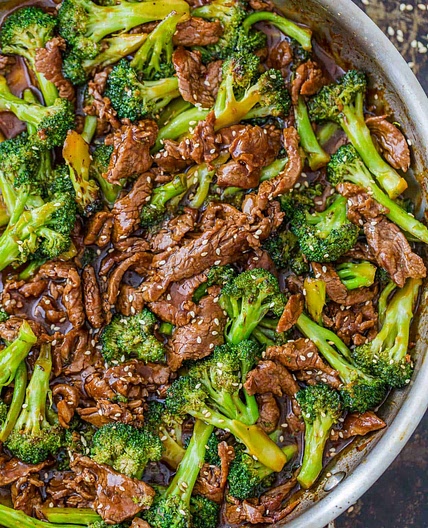



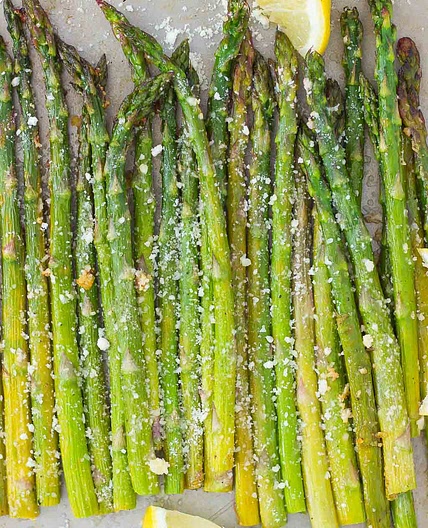


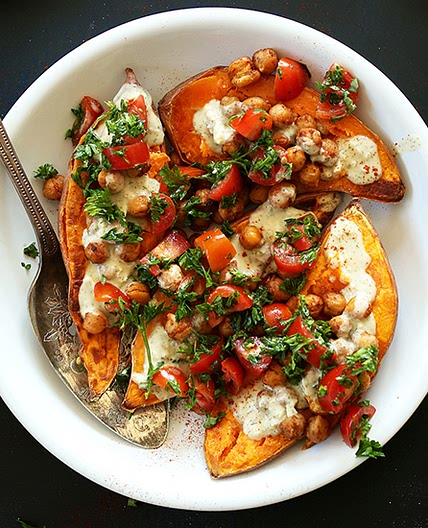














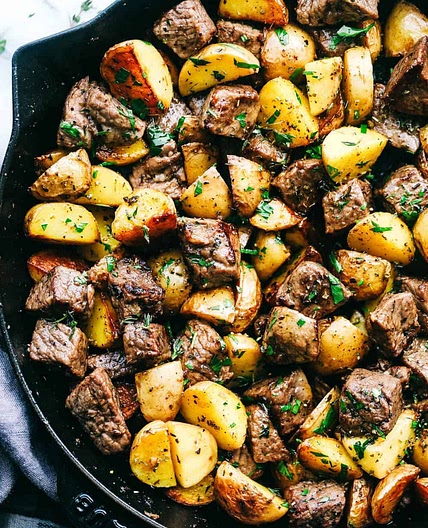

![20-Minute Pesto Chicken & Broccoli [Keto, Low-carb, Sugar-free, Gluten-Free] - Chef Michael](https://art.whisk.com/image/upload/fl_progressive,h_264,w_214,c_fill,dpr_2.0/v1648147907/recipe/d078246a37d52fd1625e6ed67c11469d.jpg)


